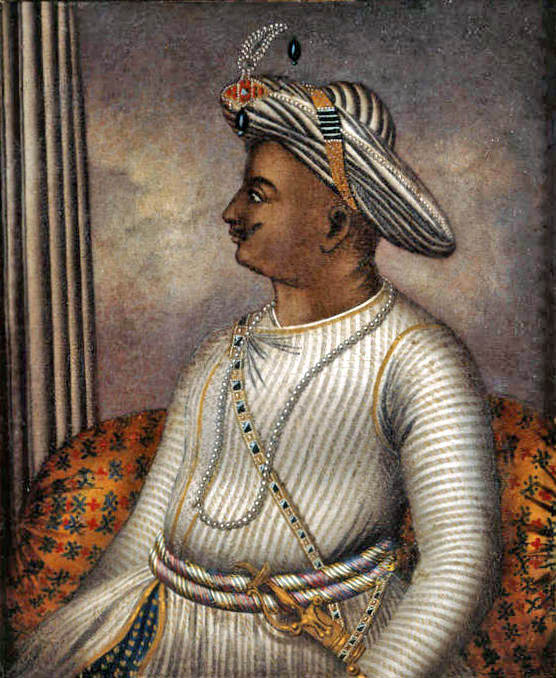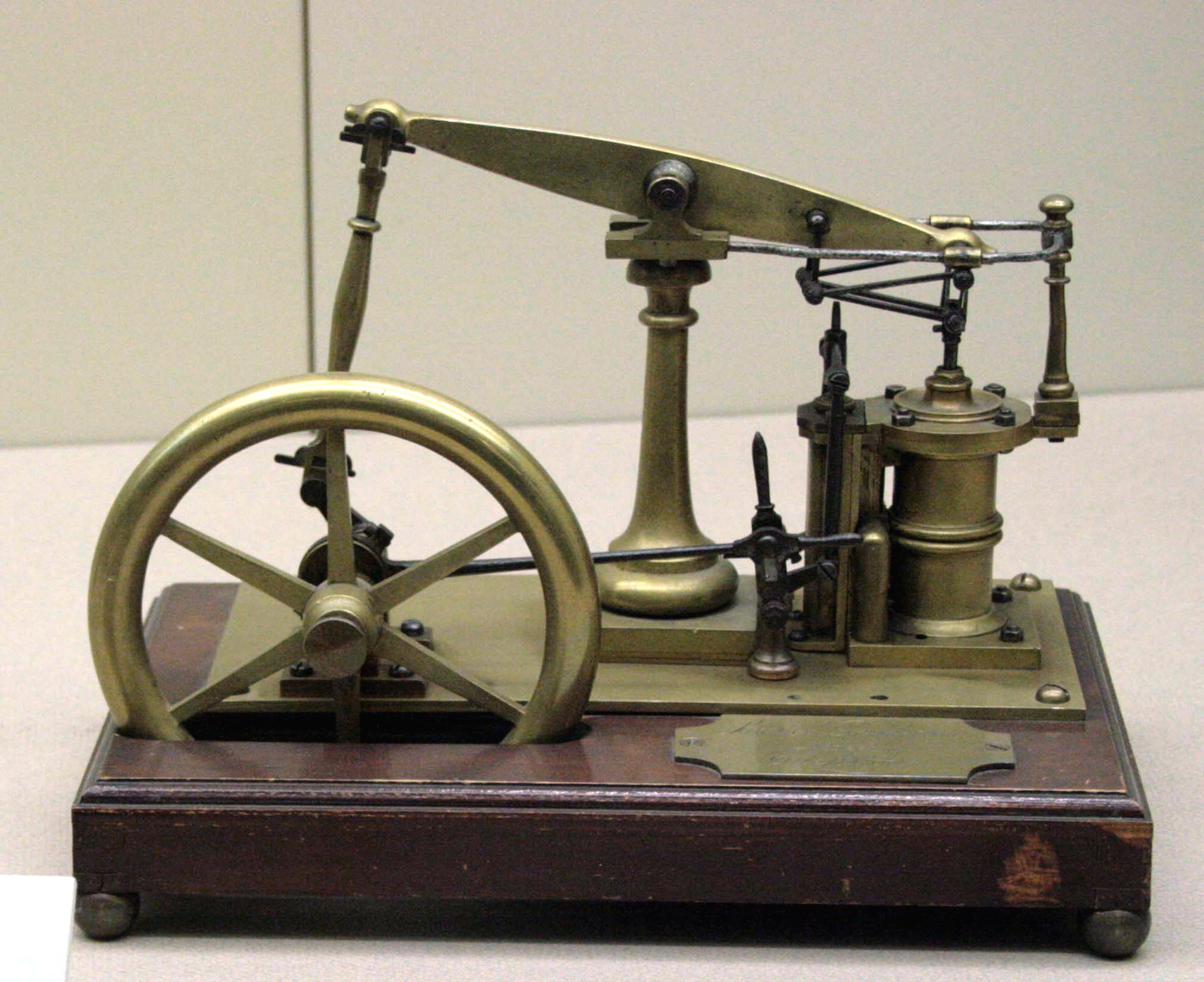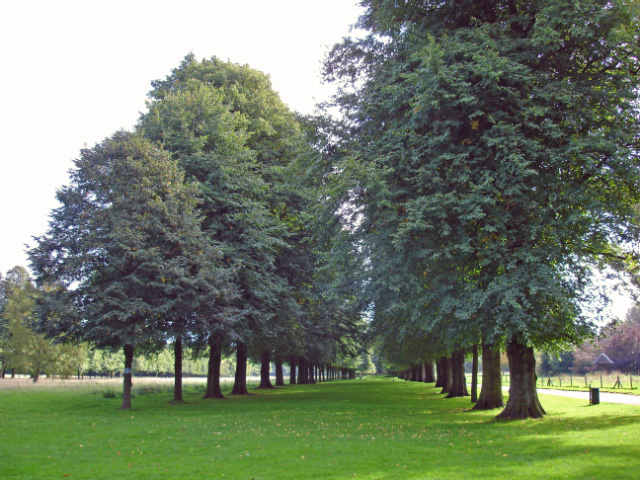|
Peter Drinkwater
Peter Drinkwater (1750 – 15 November 1801) was an English cotton manufacturer and merchant. Born in Whalley, Lancashire, he had a successful career as a fustian manufacturer using the domestic putting-out system, and as a merchant based in Bolton and Manchester, before he turned to large-scale factory production in the 1780s. In 1782 he opened his first cotton mill on the River Weaver in Northwich, Cheshire and in 1789 he started construction of the Piccadilly Mill in Manchester. This was the first mill in Manchester to be directly driven by a steam engine A steam engine is a heat engine that performs Work (physics), mechanical work using steam as its working fluid. The steam engine uses the force produced by steam pressure to push a piston back and forth inside a Cylinder (locomotive), cyl .... References Bibliography * * {{DEFAULTSORT:Drinkwater, Peter 1750 births 1801 deaths English merchants 18th-century English businesspeople People of the Industrial ... [...More Info...] [...Related Items...] OR: [Wikipedia] [Google] [Baidu] |
Cotton
Cotton (), first recorded in ancient India, is a soft, fluffy staple fiber that grows in a boll, or protective case, around the seeds of the cotton plants of the genus '' Gossypium'' in the mallow family Malvaceae. The fiber is almost pure cellulose, and can contain minor percentages of waxes, fats, pectins, and water. Under natural conditions, the cotton bolls will increase the dispersal of the seeds. The plant is a shrub native to tropical and subtropical regions around the world, including the Americas, Africa, Egypt and India. The greatest diversity of wild cotton species is found in Mexico, followed by Australia and Africa. Cotton was independently domesticated in the Old and New Worlds. The fiber is most often spun into yarn or thread and used to make a soft, breathable, and durable textile. The use of cotton for fabric is known to date to prehistoric times; fragments of cotton fabric dated to the fifth millennium BC have been found in the Indus Valley civilizat ... [...More Info...] [...Related Items...] OR: [Wikipedia] [Google] [Baidu] |
Cheshire
Cheshire ( ) is a Ceremonial counties of England, ceremonial county in North West England. It is bordered by Merseyside to the north-west, Greater Manchester to the north-east, Derbyshire to the east, Staffordshire to the south-east, and Shropshire to the south; to the west it is bordered by the Welsh counties of Flintshire and Wrexham County Borough, Wrexham, and has a short coastline on the Dee Estuary. The largest settlement is Warrington. The county has an area of and had a population of 1,095,500 at the 2021 United Kingdom census, 2021 census. The areas around the River Mersey in the north of the county are the most densely populated, with Warrington, Runcorn, Widnes, and Ellesmere Port located on the river. The city of Chester lies in the west of the county, Crewe in the south, and Macclesfield in the east. For Local government in England, local government purposes Cheshire comprises four Unitary authorities of England, unitary authority areas: Cheshire East, Cheshire We ... [...More Info...] [...Related Items...] OR: [Wikipedia] [Google] [Baidu] |
British Textile Industry Businesspeople
British may refer to: Peoples, culture, and language * British people, nationals or natives of the United Kingdom, British Overseas Territories and Crown Dependencies. * British national identity, the characteristics of British people and culture * British English, the English language as spoken and written in United Kingdom of Great Britain and Northern Ireland and, more broadly, throughout the British Isles * Celtic Britons, an ancient ethno-linguistic group * Brittonic languages, a branch of the Insular Celtic language family (formerly called British) ** Common Brittonic, an ancient language Other uses *People or things associated with: ** Great Britain, an island ** British Isles, an island group ** United Kingdom, a sovereign state ** British Empire, a historical global colonial empire ** Kingdom of Great Britain (1707–1800) ** United Kingdom of Great Britain and Ireland (1801–1922) * British Raj, colonial India under the British Empire * British Hong Kong, colonial H ... [...More Info...] [...Related Items...] OR: [Wikipedia] [Google] [Baidu] |
People Of The Industrial Revolution
The term "the people" refers to the public or common mass of people of a polity. As such it is a concept of human rights law, international law as well as constitutional law, particularly used for claims of popular sovereignty. In contrast, a people is any plurality of persons considered as a whole. Used in politics and law, the term "a people" refers to the collective or community of an ethnic group or nation. Concepts Legal Chapter One, Article One of the Charter of the United Nations states that "peoples" have the right to self-determination. Though the mere status as peoples and the right to self-determination, as for example in the case of Indigenous peoples (''peoples'', as in all groups of indigenous people, not merely all indigenous persons as in ''indigenous people''), does not automatically provide for independent sovereignty and therefore secession. Indeed, judge Ivor Jennings identified the inherent problems in the right of "peoples" to self-determination, as i ... [...More Info...] [...Related Items...] OR: [Wikipedia] [Google] [Baidu] |
18th-century English Businesspeople
The 18th century lasted from 1 January 1701 (represented by the Roman numerals MDCCI) to 31 December 1800 (MDCCC). During the 18th century, elements of Age of Enlightenment, Enlightenment thinking culminated in the Atlantic Revolutions. Revolutions began to challenge the legitimacy of monarchical and aristocratic power structures. The Industrial Revolution began mid-century, leading to radical changes in Society, human society and the Natural environment, environment. The European colonization of the Americas and other parts of the world intensified and associated mass migrations of people grew in size as part of the Age of Sail. During the century, History of slavery, slave trading expanded across the shores of the Atlantic Ocean, while declining in Russian Empire, Russia and Qing dynasty, China. Western world, Western historians have occasionally defined the 18th century otherwise for the purposes of their work. For example, the "short" 18th century may be defined as 1715� ... [...More Info...] [...Related Items...] OR: [Wikipedia] [Google] [Baidu] |
English Merchants
English usually refers to: * English language * English people English may also refer to: Culture, language and peoples * ''English'', an adjective for something of, from, or related to England * ''English'', an Amish term for non-Amish, regardless of ethnicity * English studies, the study of English language and literature Media * ''English'' (2013 film), a Malayalam-language film * ''English'' (novel), a Chinese book by Wang Gang ** ''English'' (2018 film), a Chinese adaptation * ''The English'' (TV series), a 2022 Western-genre miniseries * ''English'' (play), a 2022 play by Sanaz Toossi People and fictional characters * English (surname), a list of people and fictional characters * English Fisher (1928–2011), American boxing coach * English Gardner (born 1992), American track and field sprinter * English McConnell (1882–1928), Irish footballer * Aiden English, a ring name of Matthew Rehwoldt (born 1987), American former professional wrestler ... [...More Info...] [...Related Items...] OR: [Wikipedia] [Google] [Baidu] |
1801 Deaths
Events January–March *January 1 ** The legislative union of Great Britain and Ireland is completed under the Act of Union 1800, bringing about the United Kingdom of Great Britain and Ireland, and the abolition of the Parliament of Ireland. ** Giuseppe Piazzi discovers the asteroid and dwarf planet Ceres. *January 3 – Toussaint Louverture triumphantly enters Santo Domingo, the capital of the former Spanish colony of Santo Domingo, which has become a colony of Napoleonic France. *January 31 – John Marshall is appointed Chief Justice of the United States. *February 4 – William Pitt the Younger resigns as Prime Minister of the United Kingdom. *February 9 – The Treaty of Lunéville ends the War of the Second Coalition between France and Austria. Under the terms of the treaty, all German territories left of the Rhine are officially annexed by France while Austria also has to recognize the Batavian, Helvetian, Cisalpine and Ligurian Republics. *February 17 – An e ... [...More Info...] [...Related Items...] OR: [Wikipedia] [Google] [Baidu] |
1750 Births
Various sources, including the Intergovernmental Panel on Climate Change, use the year 1750 as a baseline year for the end of the pre-industrial era. 1750 is commemorated as the year that started the Industrial Revolution, although the underpinnings of the Industrial Revolution could have started earlier. Events January–March * January 13 – The Treaty of Madrid between Spain and Portugal authorizes a larger Brazil than had the Treaty of Tordesillas of 1494, which originally established the boundaries of the Portuguese and Spanish territories in South America. * January 24 – A fire in Istanbul destroys 10,000 homes. * February 15 – After Spain and Portugal agree that the Uruguay River will be the boundary line between the two kingdoms' territory in South America, the Spanish Governor orders the Jesuits to vacate seven Indian missions along the river (San Angel, San Nicolas, San Luis, San Lorenzo, San Miguel, San Juan and San Borja). * March 5 &nd ... [...More Info...] [...Related Items...] OR: [Wikipedia] [Google] [Baidu] |
Steam Engine
A steam engine is a heat engine that performs Work (physics), mechanical work using steam as its working fluid. The steam engine uses the force produced by steam pressure to push a piston back and forth inside a Cylinder (locomotive), cylinder. This pushing force can be transformed by a connecting rod and Crank (mechanism), crank into rotational force for work. The term "steam engine" is most commonly applied to reciprocating engines as just described, although some authorities have also referred to the steam turbine and devices such as Hero's aeolipile as "steam engines". The essential feature of steam engines is that they are external combustion engines, where the working fluid is separated from the combustion products. The ideal thermodynamic cycle used to analyze this process is called the Rankine cycle. In general usage, the term ''steam engine'' can refer to either complete steam plants (including Boiler (power generation), boilers etc.), such as railway steam locomot ... [...More Info...] [...Related Items...] OR: [Wikipedia] [Google] [Baidu] |
Piccadilly Mill
Piccadilly Mill, also known as Bank Top Mill or Drinkwater's Mill, owned by Peter Drinkwater, was the first cotton mill in Manchester, England, to be directly powered by a steam engine, and the 10th such mill in the world. Construction of the four-storey mill on Auburn Street started in 1789 and its 8 hp Boulton and Watt engine was installed and working by 1 May 1790. Initially the engine drove only the preparatory equipment and spinning was done manually. The millwright was Thomas Lowe, who had worked for William Fairbairn and helped with the planning of two of Richard Arkwright's earliest factories. During the early 1790s the mill employed around 500 workers. Robert Owen Robert Owen (; 14 May 1771 – 17 November 1858) was a Welsh textile manufacturer, philanthropist, political philosopher and social reformer, and a founder of utopian socialism and the cooperative movement, co-operative movement. He strove to ... was employed as the manager in 1792. References Bibli ... [...More Info...] [...Related Items...] OR: [Wikipedia] [Google] [Baidu] |
Northwich
Northwich is a market town and civil parish in the Cheshire West and Chester borough of Cheshire, England. It lies on the Cheshire Plain, at the confluence of the rivers Weaver and Dane, east of Chester, south of Warrington and south of Manchester. The population of the parish was 22,726 at the 2021 census. The area around Northwich was exploited for its salt pans by the Romans, when the settlement was known as ''Condate''. The town had been severely affected by salt mining and subsidence was historically a significant problem. Mine stabilisation work was completed in 2007. History Early history During Roman times, Northwich was known as ''Condate'', thought to be a Latinisation of a Brittonic name meaning "Confluence". There are several other sites of the same name, mostly in France; in Northwich's case, it lies at the junction of the rivers Dane and Weaver. Northwich can be identified through two contemporary Roman documents. The first of these is the Antonin ... [...More Info...] [...Related Items...] OR: [Wikipedia] [Google] [Baidu] |
Merchant
A merchant is a person who trades in goods produced by other people, especially one who trades with foreign countries. Merchants have been known for as long as humans have engaged in trade and commerce. Merchants and merchant networks operated in ancient Babylonia, Assyria, China, Egypt, Greece, India, Persia, Phoenicia and Rome. During the European medieval period, a rapid expansion in trade and commerce led to the rise of a wealthy and powerful merchant class. The European Age of Discovery opened up new trading routes and gave European consumers access to a much broader range of goods. By the 18th century, a new type of manufacturer-merchant had started to emerge and modern business practices were becoming evident. The status of the merchant has varied during different periods of history and among different societies. In modern times, the term ''merchant'' has occasionally been used to refer to a businessperson or someone undertaking activities (commercial or industrial) for ... [...More Info...] [...Related Items...] OR: [Wikipedia] [Google] [Baidu] |




